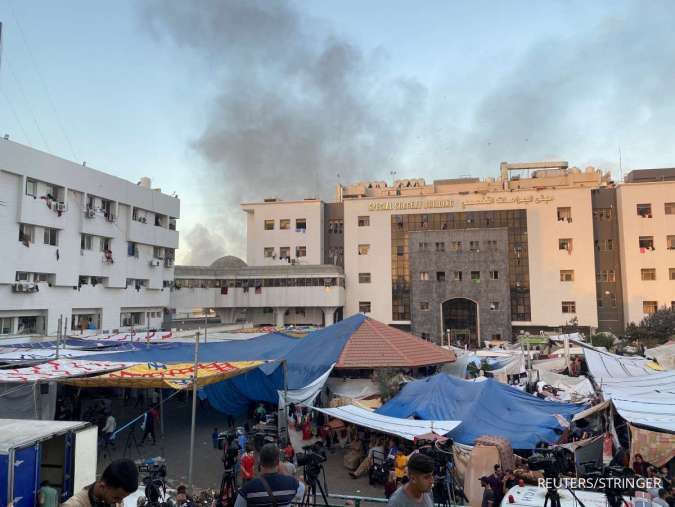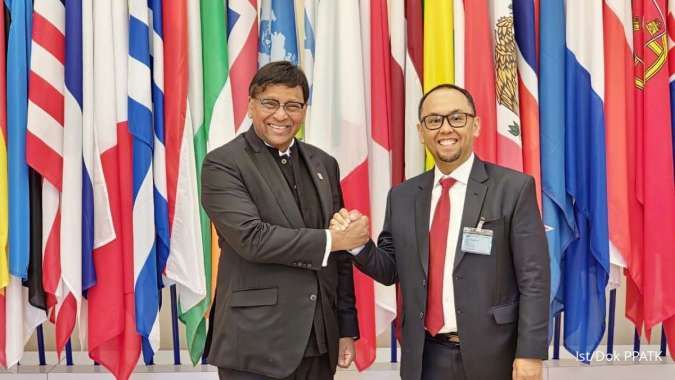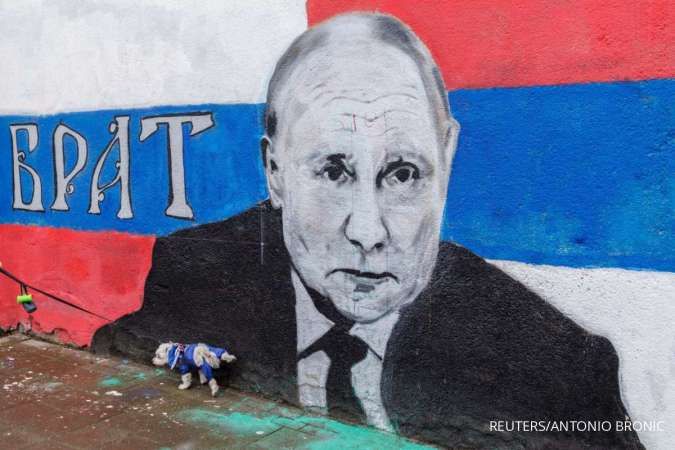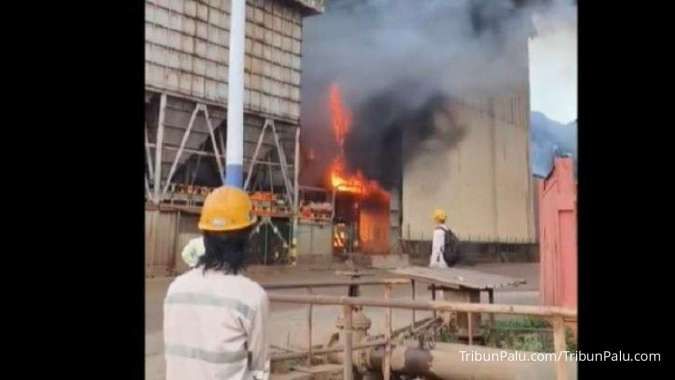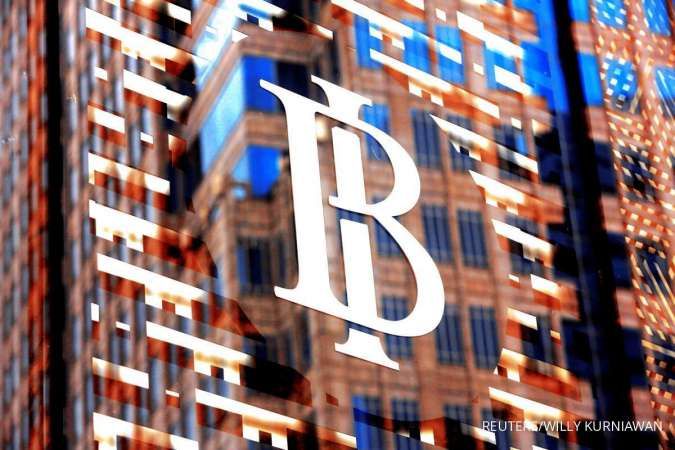ISRAEL - GAZA - Israel faced down accusations at the World Court on Thursday of genocide in its war in Gaza, as the first residents returned to scenes of total devastation in northern areas where Israeli forces have begun withdrawing this week.
Three months of Israeli bombardment has laid much of the narrow coastal enclave to waste, killing more than 23,000 people and driving nearly the entire population of 2.3 million Palestinians from their homes. An Israeli blockade has sharply restricted supplies of food, fuel, and medicine, creating what the United Nations describes as a humanitarian catastrophe.
Israel says its only means to defend itself is by eradicating Hamas, the Islamist group that rules Gaza, whose fighters sworn to Israel's destruction stormed through Israeli communities on Oct. 7, killing 1,200 people and capturing 240 hostages. Israel blames Hamas for all harm to civilians for operating among them, which the fighters deny.
The case, brought by South Africa at the International Court of Justice (ICJ) in the Hague, accuses Israel of violating the 1948 genocide convention, enacted in the wake of the mass murder of Jews in the Holocaust, which mandates all countries to ensure such crimes are never repeated.
Israeli government spokesperson Eylon Levy compared the lawsuit to a centuries-old antisemitic conspiracy theory falsely accusing Jews of killing babies for rituals: "The State of Israel will appear before the International Court of Justice to dispel South Africa's absurd blood libel, as Pretoria gives political and legal cover to the Hamas rapist regime."
The preliminary hearings this week will consider whether the court should order Israel to stop fighting while it investigates the full merits of the case.
In Rafah, in southern Gaza where the bodies of members of the al-Arjany family killed overnight, including three small children, were laid out in shrouds outside a morgue, neighbors said the court must intervene to halt the war.
"To the ICJ: what is the fault of this baby?" said neighbor Khamis Kelab, cradling the smallest of the shrouded bodies in his arms as women wailed nearby.
"What did this girl do? What crime did she commit? Was she a terrorist? Did this baby fire rockets?" he said. "She was inside a tent, in the cold, and she was hit by a strike, this baby is just a few days old, you people."
South African President Cyril Ramaphosa said his country was driven to bring the case by "the ongoing slaughter of the people of Gaza", and motivated by South Africa's apartheid history.
"Israel has a genocidal intent against the Palestinians in Gaza," Tembeka Ngcukaitobi, advocate of the High Court of South Africa, told the court in the Hague. "The intent to destroy Gaza has been nurtured at the highest level of state."
The case reveals stark international polarisation. Several Western countries joined Washington in calling genocide accusations against Israel unjustified, not least given the ruthlessness of the Hamas attacks that precipitated the war.
"It is those who are violently attacking Israel who continue to openly call for the annihilation of Israel and the mass murder of Jews," said State Department spokesperson Matt Miller.
Some developing states, including heavyweight Brazil, backed South Africa.
Hamas official Sami Abu Zuhri told Reuters: "We urge the court to reject all pressure and take a decision to criminalize the Israeli occupation and stop the aggression on Gaza."
Rebuild Gaza
Since the New Year, Israel has announced a new phase in the war, to begin drawing down forces in the northern half of the Gaza Strip where its offensive began. Even so, fighting has only intensified in southern areas.
The relative quiet in the north has let residents begin trickling back into obliterated cities, finding a moonscape often with scant trace of where homes once stood.
Yousef Fares, a freelance journalist, filmed himself walking through a wasteland surrounded by scorched ruins that were once a part of Gaza City, home to nearly a million people. A few civilians passed by, some wobbling on bicycles over a track across the mud.
"All the houses you see are destroyed, completely or partially," he said.
"We are now at the Tuffah old cemetery, which is over 100 years old. All those graves were exhumed, they were run over by the Israeli bulldozers and tanks. People are coming from various areas of Gaza City to search for the bodies of their sons."
Abu Ayesh, who returned to a nearby part of Gaza City, told Reuters by phone that the destruction was "earthquake-like".
"I tell (Israeli Prime Minister Benjamin) Netanyahu that Gaza will be rebuilt, we will build our homes and we will rebury our dead."
Netanyahu Comment
While Washington has backed Israel's military campaign as justified by its right to self-defense, it has also called on its ally to scale the war back, do more to protect civilians, and maintain the hope of a future independent Palestinian state.
This week, Secretary of State Antony Blinken visited the region, meeting Israeli and Palestinian officials and leaders of neighboring Arab States, defending Israel's campaign to eradicate Hamas but pushing for it to work with the Palestinian Authority (PA), which recognizes Israel.
Israel has been vague about its ultimate intentions but says it wants security control of Gaza indefinitely and won't hand it to the PA, which exercises limited self-rule in the Israeli-occupied West Bank but was pushed out of Gaza in 2007 by Hamas.
Some far-right members of Netanyahu's coalition government have openly called for Palestinians to leave Gaza and Israelis to settle there permanently. In a post on X, Netanyahu insisted this was not Israel's aim.
"Israel has no intention of permanently occupying Gaza or displacing its civilian population," he wrote. "Israel is fighting Hamas terrorists, not the Palestinian population, and we are doing so in full compliance with international law."
/2024/01/11/1213552937.jpg)

